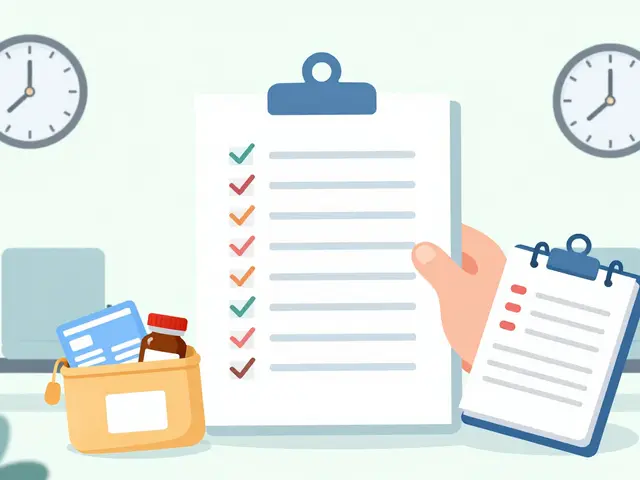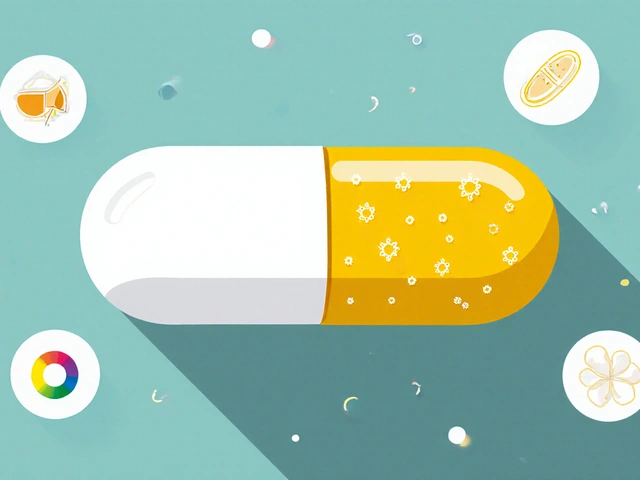Forgiveness – Why It Matters and How to Start
We all know that holding a grudge feels heavy. It eats up energy, clouds judgment, and makes everyday life harder. Forgiveness isn’t about forgetting or saying “it’s okay” when it isn’t. It’s a simple choice to release the negative stickiness that keeps you stuck. When you let go, you free up space for better sleep, clearer thinking, and more joy.
The health payoff of forgiving
Science shows that people who practice forgiveness have lower blood pressure, reduced stress hormones, and stronger immune responses. In other words, your body thanks you when you stop replaying the drama. A calmer mind also means fewer headaches, less chronic pain, and better heart health. It’s like giving your nervous system a mini‑vacation without leaving the house.
Beyond the physical benefits, forgiving improves relationships. When you stop counting the wrongs, communication becomes easier and trust rebuilds faster. Even if the other person never apologizes, you gain control over your own emotions instead of letting them run the show.
Simple steps to practice forgiveness today
1. Name the feeling. Identify whether you feel anger, hurt, or disappointment. Writing it down helps you see it clearly.
2. Shift perspective. Ask yourself why the other person might have acted that way. Sometimes fear, stress, or misunderstanding drives bad behavior.
3. Choose release. Tell yourself you’re choosing to let go. A short phrase like “I free myself from this” works as a mental cue.
4. Take small actions. Send a brief, neutral message if you feel safe, or simply breathe deeply for a minute each day, focusing on the word “release”.
5. Reinforce the habit. Celebrate each time you notice the weight lifting. Over time, forgiveness becomes a natural reflex instead of a forced effort.
Remember, forgiveness is a skill, not a one‑time event. You might need to revisit the steps several times for the same situation. That’s normal and part of the process.
When you practice forgiveness regularly, you’ll notice a ripple effect: better mood, sharper focus, and even improved response to medications if you’re managing health conditions. A calmer mind helps your body absorb treatments more effectively, which is why many doctors encourage emotional wellbeing as part of overall care.
Start today with one small grievance. Name it, breathe, and say, “I’m letting this go.” You’ll be surprised how quickly the tension eases and how much brighter the rest of your day feels.
This article explores how weakness and forgiveness actually connect, busting the myth that forgiving is the same as being weak. Instead, it shows how letting go can show real strength, improve relationships, and help personal growth. You'll get clear examples, psychological insights, and practical tips for handling conflict in everyday life. The article focuses on realistic perspectives and down-to-earth advice. It offers a fresh way to see what forgiveness really means in today's world.
Categories
Archives
Recent-posts
Canadamedsunited.com Review: Affordable Online Pharmacy Benefits, Safety, and User Tips
Aug, 14 2025



 Medications
Medications




